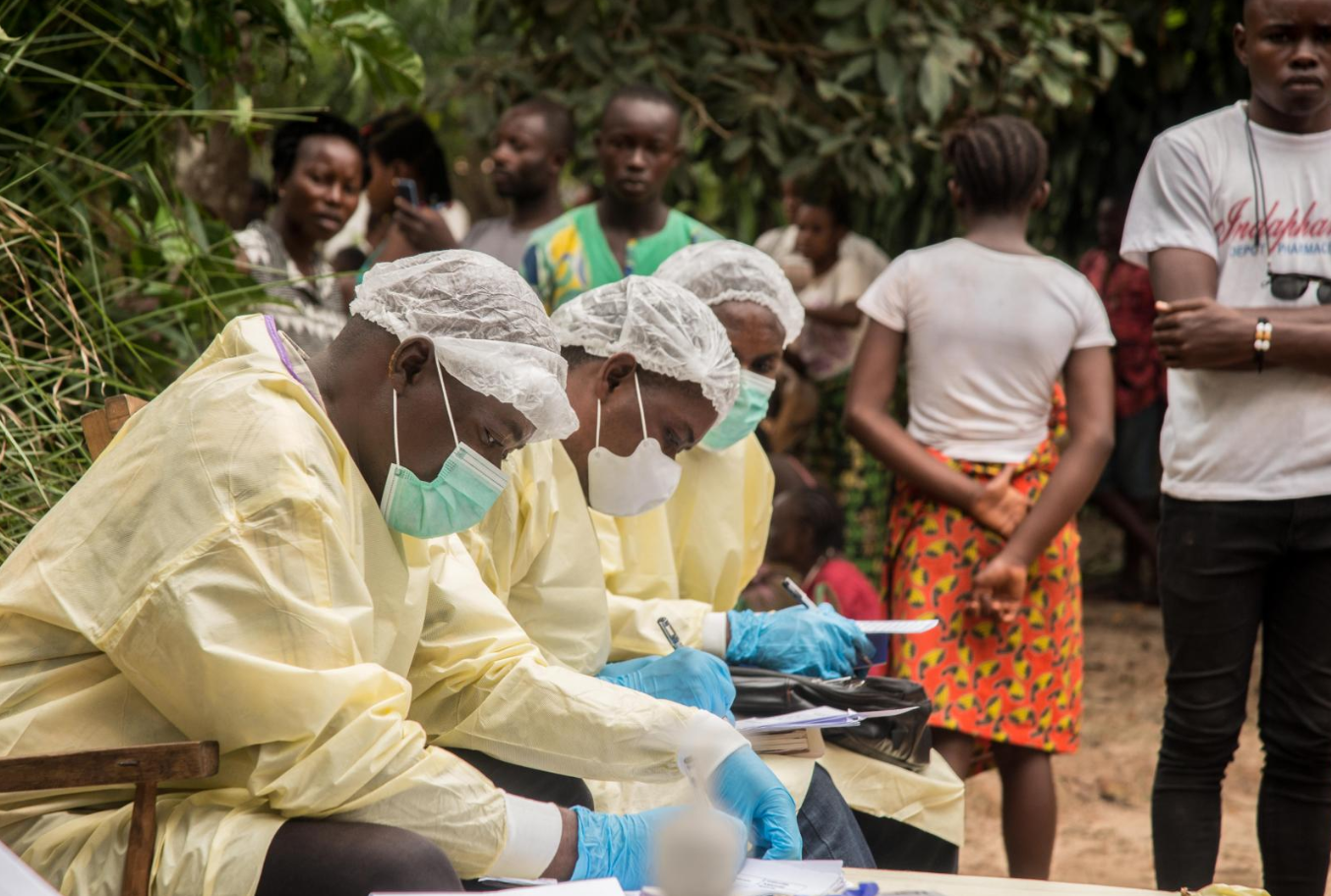Across Africa, the health sector is moving in directions that, not long ago, would have sounded ambitious—if not unrealistic. In city hospitals packed with patients and in quiet rural clinics where resources are thin, new approaches are quietly undoing decades-old bottlenecks. Portable diagnostic kits, mobile health applications, and data-driven reforms are replacing slow, fragmented systems with care that is faster, sharper, and genuinely centered on the patient.
For Dr. Margaret K., a public health specialist in Kenya, these changes are more than statistics.
“Five years ago, you had to make the trip to a city hospital for certain tests,” she says. “Now, we can run them right here in the village and have results in hours.”
It’s not just about new tools—it’s about adapting them to fit the realities of everyday life in African communities.
The Power of Local Solutions: Homegrown Innovations Leading the Charge
Some of the strongest answers to Africa’s healthcare challenges aren’t imported—they’re built locally by people who understand the problems firsthand.
In Nigeria, a small team of engineers designed solar-powered refrigerators to keep vaccines viable in areas where electricity is unreliable. Tunde, one of the inventors, recalls:
“Sometimes the vaccines spoiled before they reached us. Now, they survive the hottest months without issue.”
This proves that innovation doesn’t have to be complex to be transformative—and that local solutions often come with insights outsiders can’t easily replicate.
Telemedicine and Beyond: Breaking Barriers in Remote Healthcare Access
Until recently, Sarah from Gulu, Uganda, had never seen a specialist doctor. That changed when a community telemedicine hub opened nearby. With a local nurse’s help, she spoke to a cardiologist hundreds of miles away, who quickly diagnosed a heart condition and set her on a treatment plan—without her leaving town.
Stories like hers are becoming common. Internet-connected devices, trained local health workers, and secure digital records are enabling patients in remote areas to access medical expertise once far beyond reach. While internet coverage is still uneven, the results are undeniable—lives are being saved right at home.
The Role of Startups in Revolutionizing Healthcare Across the Continent
Healthcare startups in Africa have shifted from operating at the margins to driving systemic change. By combining AI-powered tools, mobile health platforms, and reimagined supply chains, they are expanding access to care and keeping costs low.
Consider mPharma, a company ensuring pharmacies remain stocked with essential medicines.
“Our mission is simple—no patient should leave empty-handed,” says co-founder Gregory Rockson.
When private enterprise aligns with public health priorities, the impact can be both scalable and lasting.
From Traditional to Digital: Bridging the Gap Between Old and New Medical Practices
Traditional healers remain a vital part of care in many African communities. Rather than disappearing, some are integrating with modern healthcare systems.
In South Africa, a pilot program equips healers with mobile apps to log symptoms and track patients.
“I still use my herbal remedies,” says Sipho, a healer in KwaZulu-Natal, “but now I can send urgent cases to the clinic with proper notes.”
This cooperation blends old wisdom with new technology, creating a more holistic approach to care.
Collaborations for Change: How Global Partnerships Are Boosting African Healthcare
When Ebola struck Sierra Leone, local health teams worked with global organizations like WHO and Médecins Sans Frontières. This joint effort helped contain the outbreak and has since been replicated for vaccination drives and surgical training.
Mary, a nurse in Freetown, reflects:
“We didn’t just get equipment and skills—we built relationships that still matter today.”
Such partnerships prove that when global resources meet local determination, the results go far beyond a single crisis.
The Health Tech Revolution: Leveraging Technology to Tackle Africa’s Unique Challenges
Health technology has moved from being a luxury to an essential tool. Rwanda delivers blood by drone in minutes, while in Ghana, AI diagnoses malaria faster than traditional tests.
Dr. Emmanuel A., a clinician in Accra, notes:
“We’re not here to copy Western systems. We’re building technology that fits our needs.”
The focus is on practical solutions that work in real African contexts, not on showcasing flashy tech.
Investing in Health: The Growing Role of Private Sector Funding in Healthcare Innovation
Private investment in African healthcare is no longer seen only as charity—it’s increasingly recognized as a sustainable business opportunity. Investors are funding diagnostics, telemedicine, and mobile clinic networks.
In South Africa, one such investment enabled a startup to expand low-cost clinics into rural areas. Founder Lerato M. explains:
“Our investors know this is sustainable change, not a handout.”
This blend of profit potential and public good is fueling innovation.
Education and Training: Preparing a New Generation of Healthcare Professionals
In Ethiopia, medical student Hana once trained on outdated mannequins. Today, thanks to an international university partnership, she works with high-tech simulation models that mimic real medical conditions.
Her story reflects a continent-wide push to modernize training. With support from NGOs, universities, and governments, Africa is building a stronger workforce ready for both everyday care and future health crises.
The Future of Healthcare in Africa: What’s Next for Innovation and Opportunity?
Africa’s healthcare transformation is still underway. The coming decade could see widespread AI diagnostics, expanded mobile health coverage, and coordinated regional disease monitoring.
Dr. Peter M., a Pan-African health strategist, believes:
“We’re at the edge of a historic shift. The challenge is to make sure these solutions reach everyone.”
If that goal is achieved, the continent won’t just see improved healthcare—it will see stronger, more resilient communities.
